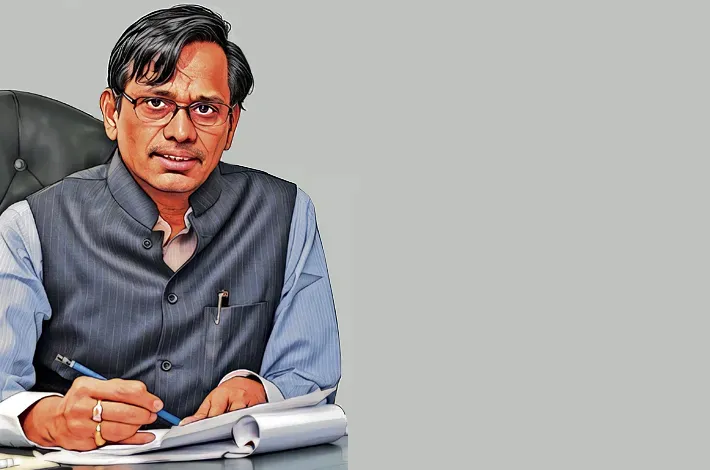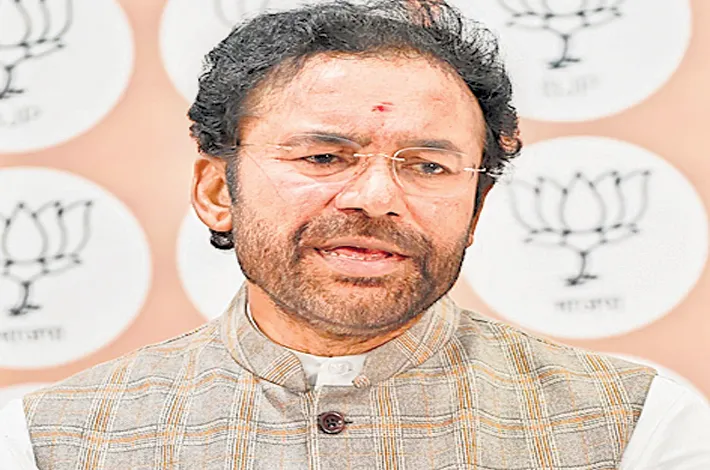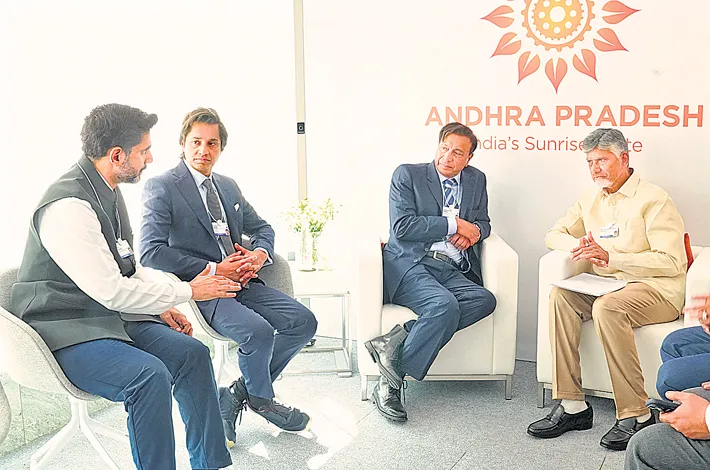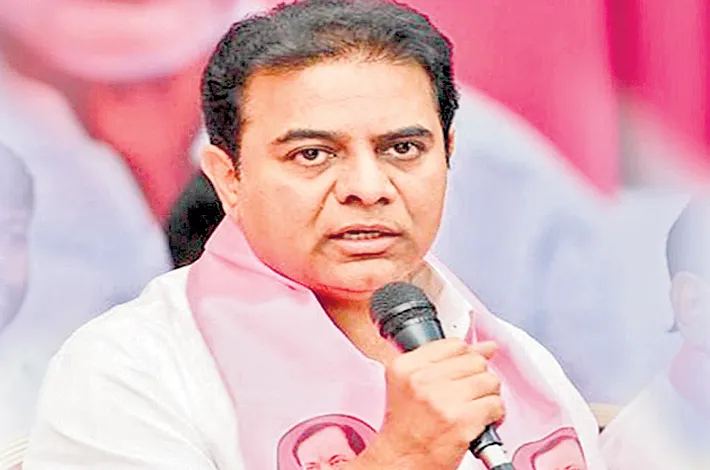EXERCISE restraint, Kharge ji
25-05-2025 12:00:00 AM

At a time when the nation stood united, Kharge’s remarks were seen as belittling the sacrifices of the armed forces. On the other hand, Telangana CM showed immense maturity urging the government to take decisive action and pledging Telangana’s support to the Centre
C L Rajam
The Pahalgam terrorist attack on April 22, 2025, which claimed the lives of 26 innocent tourists in Jammu and Kashmir’s Baisaran meadow, has sent shockwaves across India, uniting citizens in grief and outrage. Amid this unified national response, the Congress party’s reaction has been a mixed bag, with its senior leadership drawing ire for remarks perceived as insensitive and divisive.
Congress president Mallikarjun Kharge, also the Leader of the Opposition in the Rajya Sabha, described India’s military response as a “Chut-Put-War” (a trivial or insignificant war), a comment that has sparked widespread condemnation. At a time when the nation stood united, Kharge’s remarks were seen as belittling the sacrifices of the armed forces and undermining the gravity of the situation.
This misstep was compounded by other Congress leaders’ controversial statements. For instance, Karnataka Chief Minister Siddaramaiah and Maharashtra MLA Vijay Wadettiwar questioned survivors’ claims that terrorists targeted victims based on their religion, with Wadettiwar suggesting that terrorists “don’t have time” to ask about caste or religion before killing. Such remarks, which contradicted victims’ accounts, were criticized as insensitive and were even amplified by Pakistani media to portray India as weak.
Historically, during India’s wars with China or Pakistan—such as the 1962, 1965, or 1971 conflicts—the opposition, regardless of party, stood firmly behind the government, setting aside political differences for the sake of national unity. The Congress, which led India through those wars, benefited from this bipartisan support. Kharge’s comments, however, mark a stark departure from this tradition, damaging the party’s credibility among even its staunchest supporters.
The backlash has been particularly acute given the Congress’s official stance, articulated through its Working Committee (CWC) resolution and leaders like Rahul Gandhi, which condemned Pakistan-sponsored terrorism and supported Operation Sindoor. The dissonance between the party’s official position and the statements of its senior leaders has fuelled perceptions of disarray and opportunism.
CM Revanth showed maturity
In contrast, Telangana Chief Minister A Revanth Reddy has emerged as a beacon of maturity within the Congress. Immediately after the Pahalgam attack, Reddy led a candlelight march in Hyderabad, joined by AIMIM chief Asaduddin Owaisi, to honor the victims and reaffirm solidarity against terrorism. Reddy’s call to “divide Pakistan into two parts and merge PoK with India” resonated with the public’s demand for a strong response.
He further emphasized national unity, urging the government to take decisive action and pledging Telangana’s support to the Centre. Reddy’s actions stand in sharp contrast to Kharge’s remarks, earning him praise as a leader who understands the pulse of the nation.
His response harked back to the legacy of former Prime Minister Indira Gandhi, who rejected foreign mediation during the 1971 war and asserted India’s sovereignty—a point Reddy highlighted to underscore the Congress’s historical strength in times of crisis.
The Congress’s internal discord has not gone unnoticed by its rivals. The Bharatiya Janata Party (BJP) has seized on Kharge’s remarks, with leaders like Ravi Shankar Prasad and CR Kesavan accusing him of “doublespeak” and comparing his statements to “treacherous” acts akin to those of Mir Jafar. The BJP has also criticized the Congress for politicizing the crisis, particularly after Kharge and Rahul Gandhi called for a special parliamentary session to discuss the attack and Operation Sindoor. While the Congress framed this as a call for unity, critics argue it was an attempt to question the government’s strategy prematurely, potentially revealing India’s plans to adversaries.
Kharge’s remarks, alongside those of other leaders, have been perceived as immature and out of touch, contrasting sharply with the party’s historical role as a unifying force during national emergencies. The Congress’s support for Operation Sindoor and its condemnation of the attack, as articulated in the CWC resolution and by leaders like Rahul Gandhi, are overshadowed by these missteps, raising questions about the party’s leadership and strategic direction. Revanth Reddy’s response offers a potential path forward.








